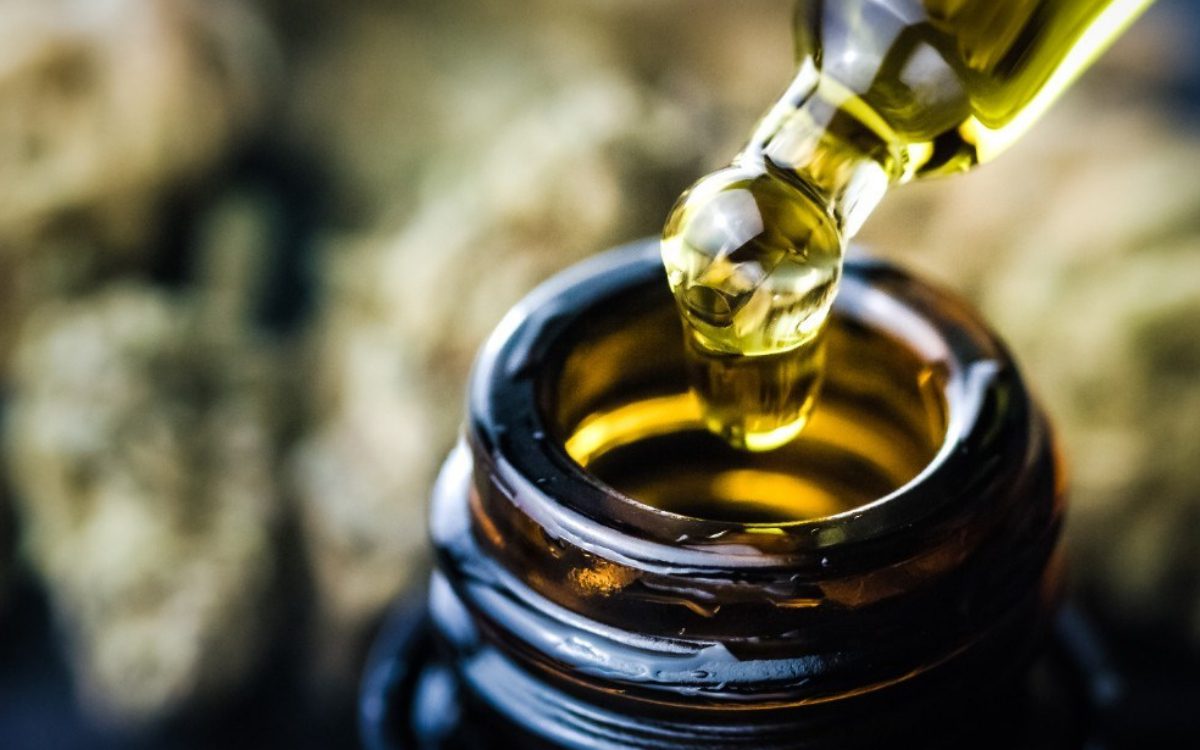Recently, Cannabinoids and specifically CBD, have been a subject of many studies as it shows promise as a treatment for many inflammatory illnesses. Irritable Bowel Syndrome (IBS) is a very common disease affecting between 25 and 45 million people in the United States. With so many cases, many researchers are studying the properties of CBD oil for IBS.
Cannabinoids are the naturally occurring substances of Hemp and Cannabis. These components have many properties, like antiinflammatory, that are beneficial to humans and other animals. Our bodies have the Endocannabinoid System (ECS), which helps regulate our basic functions like appetite, sleep, pain, among others. This system is designed to receive and interact with Cannabinoids like CBD or CBG. When this happens, the ECS identifies the functions and other systems in your body that are out of whack and reestablish the internal balance, called Homeostasis.
Many people reported that CBD Oil for IBS is been helping to manage and minimize certain symptoms. We did our research and found many studies that support this. As CBD has potent anti-inflammatory properties it may reduce inflammation caused by IBS calming the unwanted symptoms.
What is IBS?
IBS or Irritable Bowel Syndrome affects about 1 out of 8 Americans today. Common signs and symptoms include moderate to severe abdominal pain, bloating, diarrhea, flatulence, or constipation.
IBS can be misdiagnosed as the symptoms are very similar to gastrointestinal issues. While Irritable Bowel Syndrome can be treated it can’t be cured, it’s a chronic condition that patients have to learn how to best manage it over time. Changes in diet and lifestyle can help you control de symptoms, however, severe symptoms need medical intervention.
What causes IBS?
The cause is still unknown and researchers keep conducting studies to understand it better. There are factors that play an important role in causing Irritable Bowel Syndrome:
Muscle contractions: The intestines contract every time food passes the digestive tract. Weak contractions can cause constipation as food passes slowly. Flatulations can be caused by strong contractions. So changes in the normal intestinal contractions can cause IBS.
Increased immune-system cells: Increased immune-system cells in the intestines can be attributed to pain and diarrhea. Patients with IBS can be seen with high immune-system cells in the intestines.
Bacterial overgrowth: IBS can be seen in patients with a high bacterial count in the intestines.
Changes in the gut flora: The gut contains a lot of “Microflora” or good bacterias that fight the bad bacterias we may ingest. Studies have shown that some IBS patients have a slightly different microfloral composition than non-IBS people.
Stress: People known to have IBS can have more severe attacks during periods of increased stress.
Hormones: It has been known that more women suffer from IBS than males. Most IBS attacks occur during the menstrual period.
Food: IBS patients can have more severe symptoms when they eat or drink certain food products. Beans, citrus fruits, dairy products, milk, and carbonated drinks can be a trigger.
CBD oil for IBS: does it help?
CBD will not cure IBS but may help with inflammation and some of the severe symptoms. CBD oil for IBS may help relax the gastrointestinal tissues which may lead to fewer spasmodic episodes. It can also help regulate the contractions of the intestines which can halt diarrhea and constipation. CBD has shown to have the potential aiding stress and anxiety management which might help hinder severe IBS symptoms.
A study conducted in 2011 in Israel with 30 IBS patients showed that all 30 patients reported general well-being and health improved. 21 patients had a notable improvement and only 2 required surgery after using cannabis for 3 years.
There are many studies showing that Cannabinoids can help with a variety of illnesses. If you are looking for natural remedies to help you with IBS or any other illness always talk to your physician or Naturopath first. Do your research to understand your symptoms and your options, and always look for high-quality and minimally processed products.
All information contained in this article is for purely informational and educational purposes only and it is not intended as medical advice. Always consult a physician or a qualified healthcare provider for any questions regarding your health and well-being.
